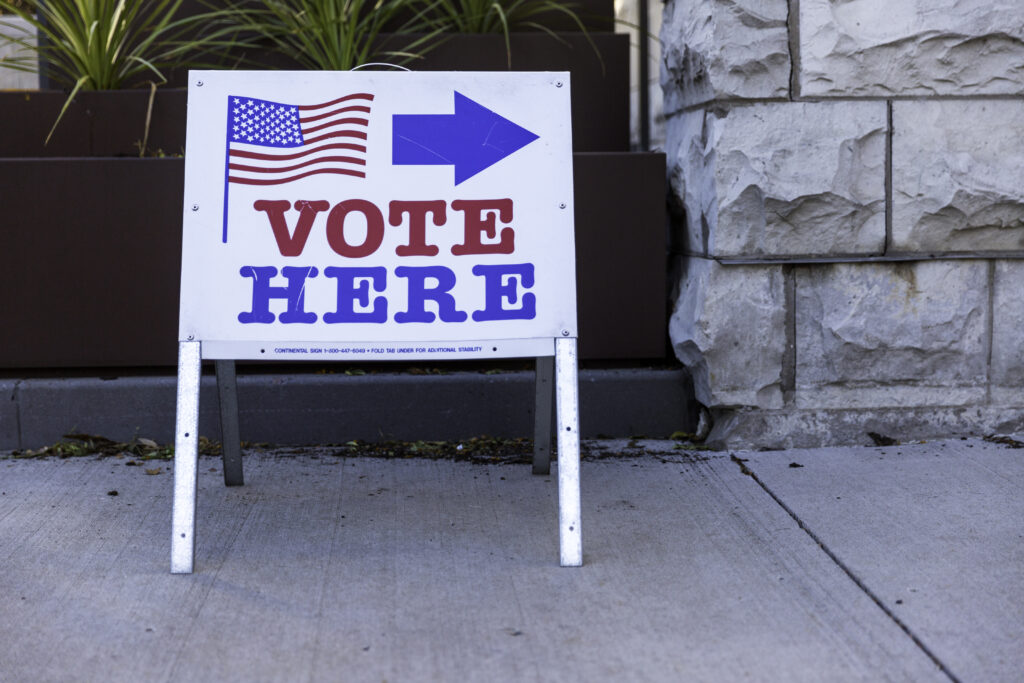Open The Books, a nonprofit government-spending watchdog organization, called on President Donald Trump to reduce duplicative or excessive spending in executive branch federal agencies and departments, citing the dangers of rapid increases in government deficits and debt.
Open The Books purchased two full pages of advertising space in USA Today and The Wall Street Journal in September and October, calling on Trump to take direct action to fight wastes of taxpayer money.
The advertisements call on the president to post public information detailing White House and executive agency spending, “cut White House expenditures by ten percent as quickly as possible,” and make regular public reports on the progress of the spending reduction campaign.
The campaign lists 100 examples of duplicative or wasteful federal agency spending, including $234 billion in improper Medicaid payments over a 13-year period, $677 million in subsidies the U.S. Department of Education gave to cosmetology schools, and a $5 million National Institutes of Health grant for “hipster parties” in Fiscal Year 2015.
Crowding Out Private Choices
Government spending is never a free lunch, says Jonathan Bydlak, president of the Coalition to Reduce Spending and a policy advisor for The Heartland Institute, which publishes Budget & Tax News.
“Every dollar government spends is money that must be taken out of the private sector from individuals and businesses,” Bydlak said. “We might like that a good or service is provided by government, but no government program is free. When government spends excessively, it is effectively wasting society’s resources, which leaves less for other things we value.”
‘Defend the American Taxpayer’
Adam Andrzejewski, CEO and founder of Open The Books, says Trump has the power to fight against out-of-control spending on behalf of U.S. taxpayers.
“As Commander-in-Chief, President Donald Trump can lead the war on waste,” Andrzejewski said. “America is facing a spending crisis. We are asking the president to defend the American taxpayer and cut the egregious waste, fraud, and taxpayer abuse from executive agency budgets.”
Bad Today, Bad Tomorrow
Today’s deficit spending will be added to tomorrow’s taxes, Bydlak says.
“People with less disposable income are less able to save for their children’s education, put a down payment on a house, or give to charity,” Bydlak said. “Governments can also borrow to finance largesse, but the consequences of doing so can be even worse than raising taxes. Borrowing essentially means passing the buck to future generations, but unsustainable deficits and debt can also slow economic growth today. Economies that are growing healthily, like we see currently, can quickly come to a halt when debt-financed spending comes due, and that’s bad for Americans of all income levels.”
Abundance of Examples
Andrzejewski says it was difficult to pick just 100 examples of government waste to highlight.
“Examples of waste could fill every page of every newspaper in the country,” Andrzejewski said. “For example, 20 federal agencies admitted to spending $1.2 trillion on mistaken and improper payments since 2004. The federal government spends $4.8 billion annually on its army of 35,000 lawyers. Our auditors found $689 million in federal farm subsidies flow to residents of urban areas where there are no farms. “
The Internal Revenue Service (IRS) has spent millions of dollars preparing for violent conflict with taxpayers, Andrzejewski says.
“The IRS spent $15.5 million to stock up on guns, ammunition, and military-style equipment,” Andrzejewski said. “Their special agents can carry AR-15s.”
‘Runaway Government’
The more the federal government spends, the more power it gains over the public, Bydlak says.
“Every American feels the consequences of runaway spending because it enables runaway government,” Bydlak said. “Adjusted for inflation, U.S. government spending has doubled since the 1960s, and with it, so has the role of government in people’s lives. Most elected officials get elected on promises of fiscal responsibility and then do the opposite while in office.”
Unless the federal government begins to spend less, taxpayers not yet born will be the ones paying the bill, Andrzejewski says.
“The financial burden is heavy on every taxpayer,” Andrzejewski said. “In Fiscal Year 2018, the federal debt increased by $1.3 trillion: That’s $138,330 on the shoulders of every working American. Our country’s debt now exceeds $21 trillion, so not only are we feeling the weight of it today, but this money will come out of our children’s pockets for decades to come.”
Jeff Reynolds ([email protected]) writes from Portland, Oregon.




